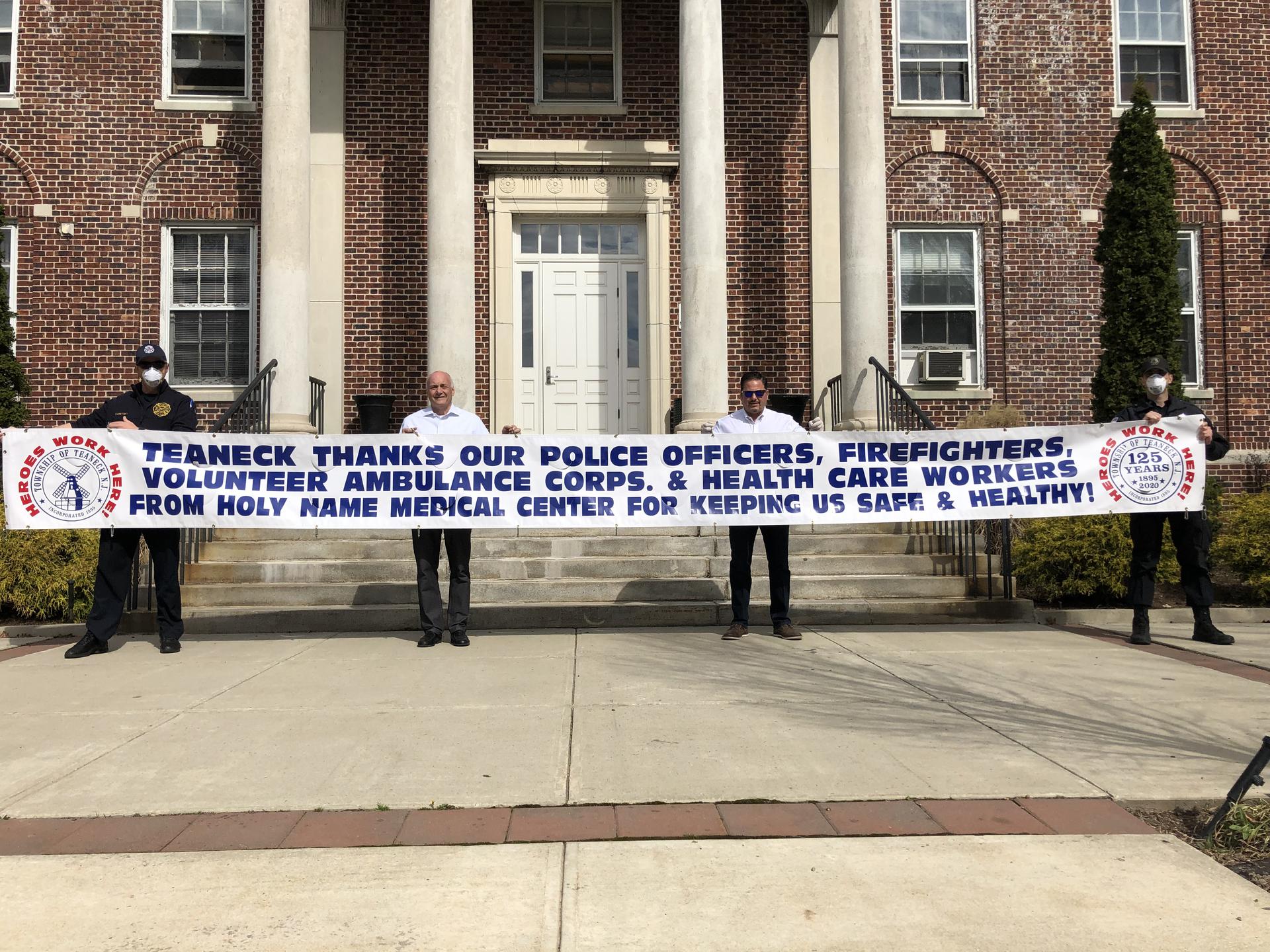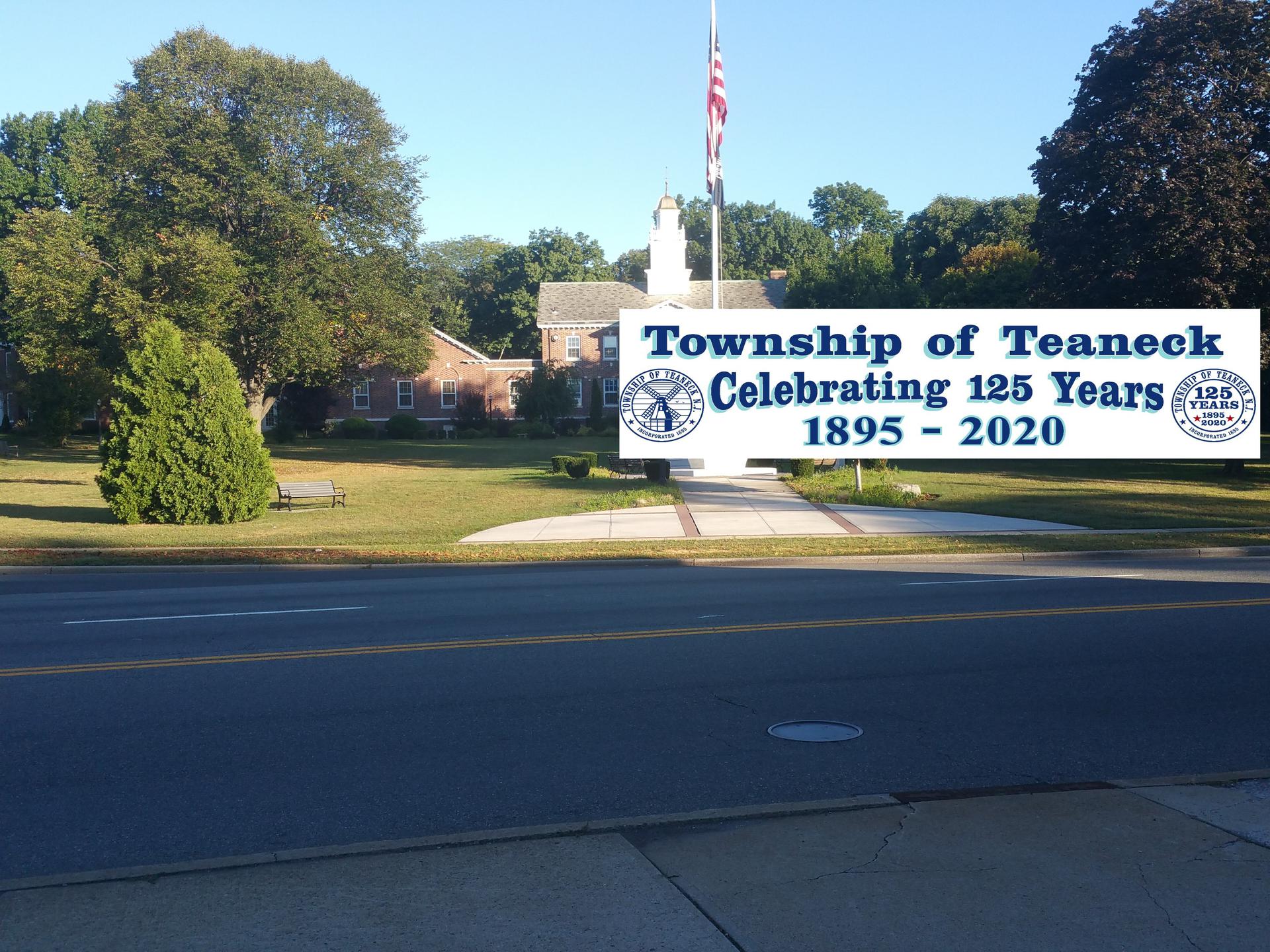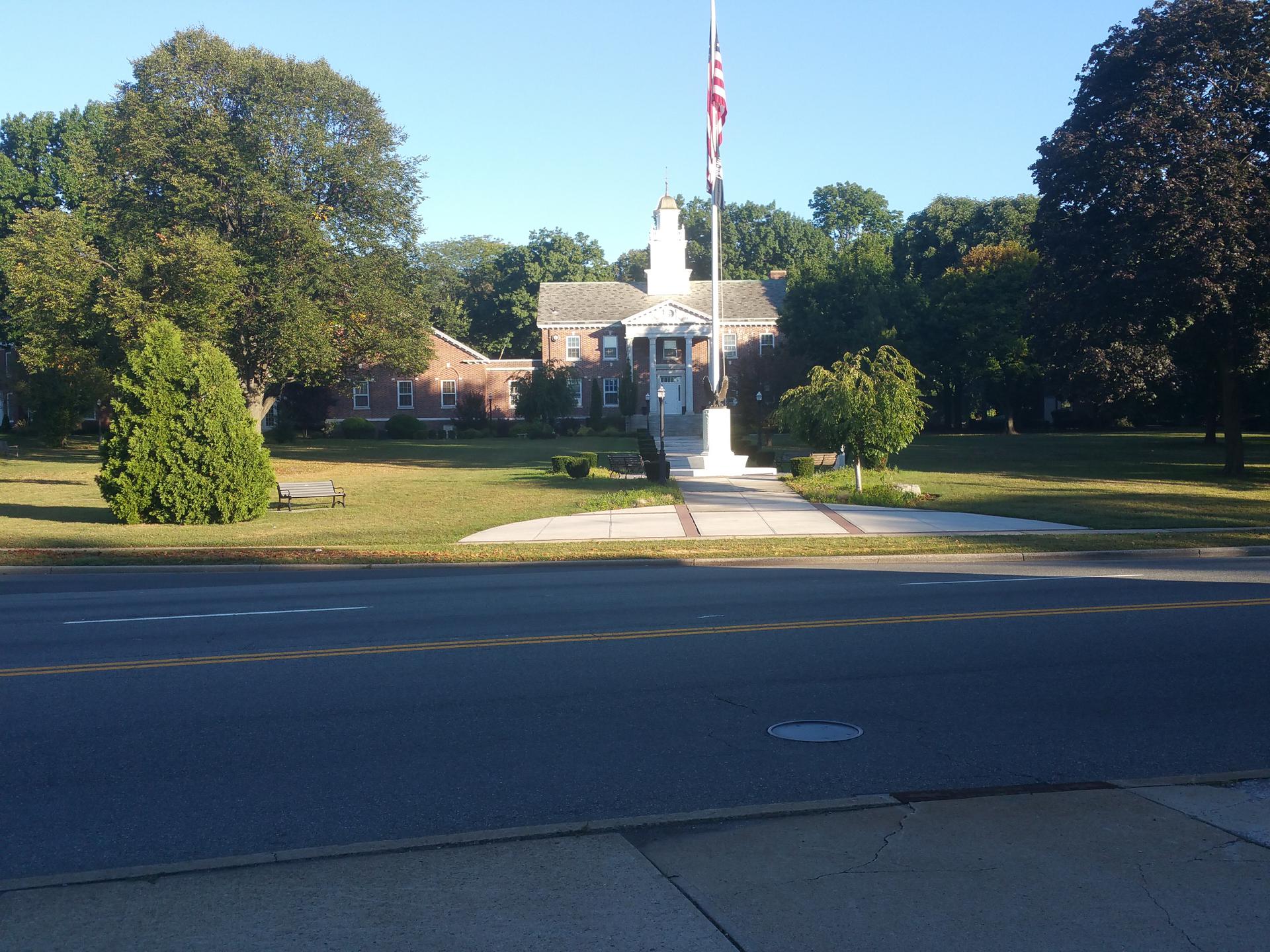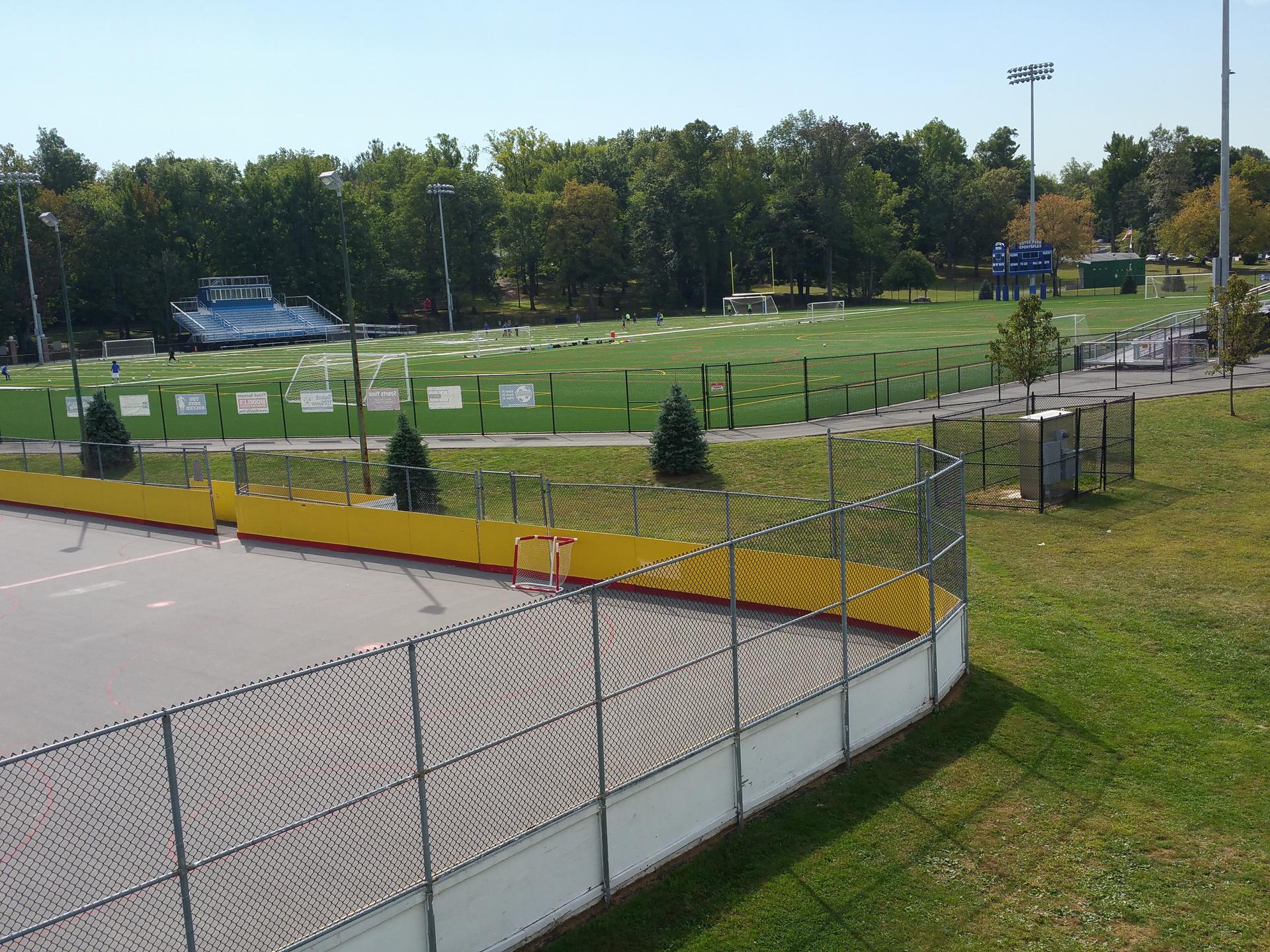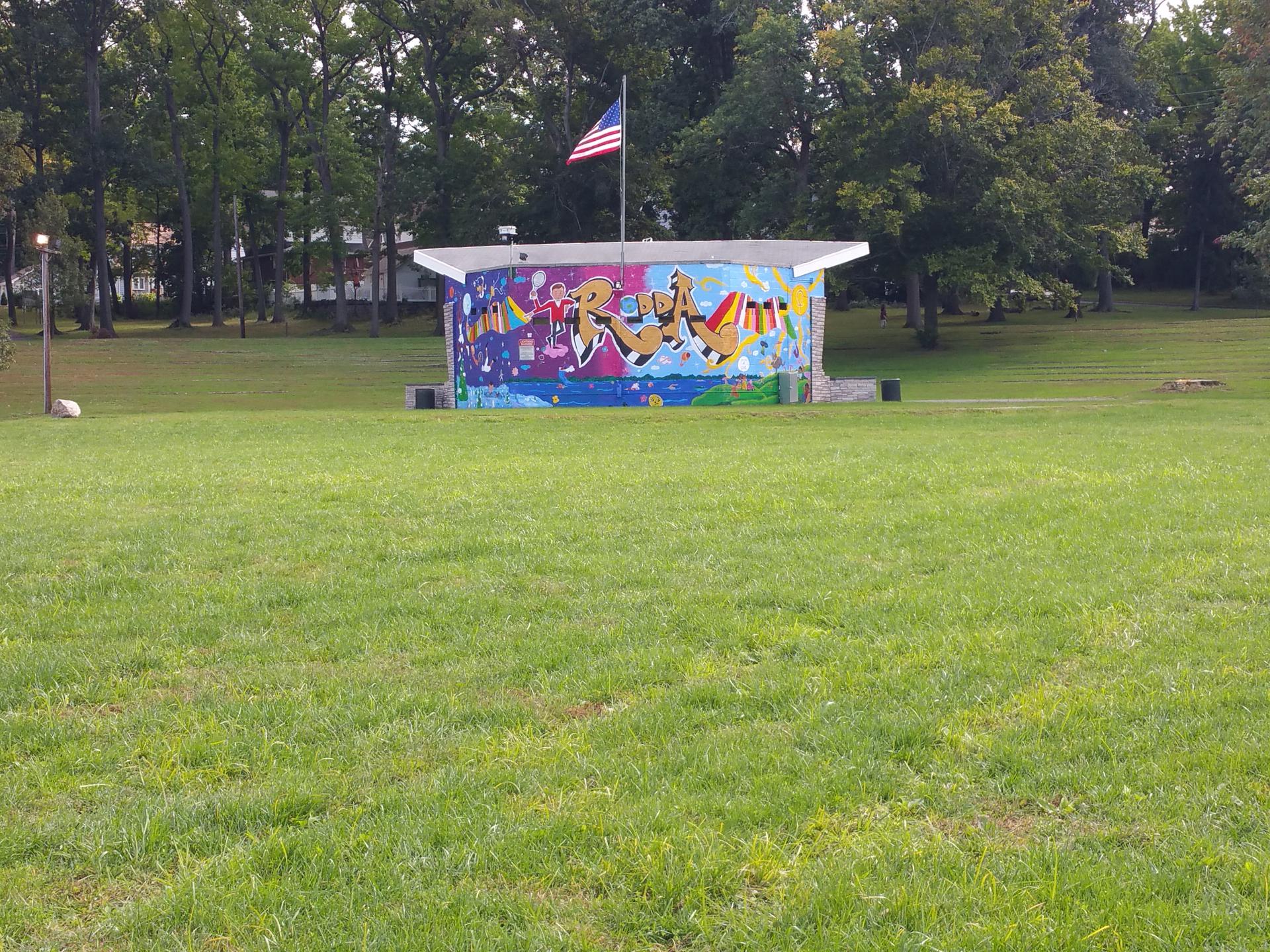Disabled Veterans Deduction
GENERAL GUIDELINES
APPLICATION FILING PERIOD
File this form with the municipal tax assessor at any time during the tax year. Partial or prorated exemption is permitted for the remainder of any taxable year from the date ownership or title to the dwelling house is acquired provided all other eligibility requirements are met. For example, where application is filed on June 1st of the tax year for exemption on a dwelling house acquired on February 14th of the tax year, the assessed value is to be prorated for taxation purposes so that 44/365th's of the total assessment would be taxable and 321/365th's would be exempt.
ELIGIBILITY REQUIREMENTS
A. Disabled Veteran Claimant (must meet all 5 requirements)
- have had active duty service in United States Armed Forces and been honorably discharged;
- have a United States Veterans Administration aka U.S. Department of Veterans Affairs certification of service-connected disability as described under #4 on front of this DVSSE Claim;
- wholly or partially own or hold legal title to the dwelling house for which exemption is claimed;
- occupy the dwelling house as the principal residence;
- be a legal or domiciliary resident of New Jersey.
B. Surviving Spouse/Civil Union or Domestic Partner Claimant (must meet all 6 requirements)
- document that the deceased veteran or serviceperson was a legal or domiciliary resident of New Jersey at death who had active duty service in the United States Armed Forces and who was honorably discharged or who died on active duty;
- document that the deceased veteran had V. A. certified service-connected disability;
- not have remarried/formed a new registered civil union or domestic partnership;
- wholly or partially own or hold legal title to the claimed dwelling house;
- occupy the dwelling house as the principal residence;
- be a legal or domiciliary resident of New Jersey.
**NOTE - Claimants must inform the assessor of any change in status which may affect their continued entitlement to the exemption.
DWELLING HOUSE & CURTILAGE DEFINED - Dwelling house means any one-family building or structure or unit in a horizontal property regime or condominium or multiple-family building or structure on that portion occupied by the claimant as his legal residence including any outhouses or appurtenances used for the dwelling's fair enjoyment. Curtilage means the enclosed space of ground and buildings immediately surrounding the dwelling house and enjoyed with it for its more convenient occupation.
DISABILITY DEFINED - means a service-connected disability as described under #4 on front of this claim and certified as such by the United States Veterans Administration aka U.S. Department of Veterans Affairs.
VETERAN DEFINED - means any New Jersey citizen and resident honorably discharged from active duty service in the United States Armed Forces. For assistance in documenting veterans' status, contact the NJ Department of Military and Veterans Affairs at (609) 530-6958 or (609) 530-6854. The United States Veterans Administration aka U.S. Department of Veterans Affairs can be reached at 1-800-827-1000.
SURVIVING SPOUSE/CIVIL UNION OR DOMESTIC PARTNER DEFINED - means the lawful widow or widower/civil union or domestic partner of a disabled veteran or serviceperson who has not remarried/formed a new registered civil union or domestic partnership.
ACTIVE DUTY SERVICE DEFINED - means active duty military service. Active duty for training or field training purposes as a member of a reserve component does NOT constitute active duty service unless activated into Federal military service by Presidential or Congressional order.
CITIZEN AND RESIDENT DEFINED - United States Citizenship is not required. Resident for purposes of this exemption means an individual who is legally domiciled in New Jersey. Domicile is the place you regard as your permanent home - the place you intend to return to after a period of absence. You may have only one legal domicile even though you may have more than one place of residence. Seasonal or temporary residence in this State, of whatever duration, does not constitute domicile. Absence from the State for a 12 month period is prima facie evidence of abandonment of domicile.
DOCUMENTARY PROOFS REQUIRED
Each assessor may require such proofs necessary to establish claimant's exemption entitlement and copies of any documents should be attached to DVSSE Claim as part of the application.
MILITARY RECORDS - Certificate of Honorable Discharge or Release, Form DD214, or Military Notification of Death or Certification of United States Veterans Administration aka Department of Veterans Affairs.
DISABILITY - Veterans Administration Certification of Disability.
SURVIVING SPOUSE/CIVIL UNION OR DOMESTIC PARTNER - Death Certificate of Decedent, marriage license/civil union or domestic partnership registration certificate.
OWNERSHIP - real property deed, executory contract for property purchase, or Probated Last Will and Testament if by devise, or if intestate or without a will give names and relationships of decedent's heirs-at-law.
RESIDENCY - New Jersey driver's license or motor vehicle registration, voter's registration, N.J. resident tax return etc.
APPEALS A claimant may appeal any unfavorable determination by the assessor to the County Board of Taxation annually on or before April 1 or on or before January 15 for residents of Burlington, Monmouth or Gloucester counties only.
**NOTE- Public Law 2019, chapter 413 became operative when New Jersey voters approved a Constitutional Amendment, effective December 4, 2020, to eliminate the wartime service requirement for both the $250 Veteran Property Tax Deduction and the Disabled Veteran Property Tax Exemption.
RETROACTIVE REFUNDS - Although statute N.J.S.A.54:4-3.32 states that the governing body of each municipality, at its discretion, may return all taxes collected on property which would have been exempt had proper claim in writing been made, please remember that the statutory amendments are prospective and retroactive refunds cannot be made prior to the date of Public Law 2017, chapter 367 which was January 16, 2018 unless the veteran served during specific wartime service periods in specific statutory geographic locations/conflict zones. After P.L.2017,c.367 on January 16, 2018 up until the passage of P.L.2019, c.413 and receipt of Constitutional approval effective December 4, 2020 veteran applicants for the 100% Disabled Veteran Property Tax Exemption were no longer required to have served in specific geographic locations/conflict zones but, were still required to have served during a specific wartime period. After December 3, 2020 wartime service is not required. The Disabled Veteran Property Tax Exemption can begin as soon as all eligibility prerequisites are met. Active Duty Military Service, Honorable Discharge, and VA Certification of 100% permanent & total disability are still required.
